What is Business Intelligence?
Business Intelligence (BI) is the process of collecting, analyzing, and using data to help companies make better decisions. It transforms raw data into useful insights that businesses can use to understand trends, improve performance, and gain a competitive edge

What Separates Business Intelligence from Data Analytics
While Data Analytics and Business Intelligence (BI) are closely related, they serve distinct purposes. Simply put, BI focuses on understanding what happened, while data analytics dives into why it happened and what could happen next.
Best Practices in Change Management
Navigating change in an organization can feel like steering a ship through a storm. Effective change management strategies and best practices are your compass, guiding you toward smoother waters. Here is how:

Importance of Change Management in Organizations
Imagine your favorite team switching their game strategy mid-season. Without proper guidance, they’d be in a lot of confusion, and their performance would plummet. Which is why, change management is essential in organizations to navigate transitions

Overcoming Resistance to Change in the Workplace
Change in the workplace can often feel like a storm brewing...

What is Change Management
Change management is the process that helps organizations smoothly transition from their current state to a desired future state. Imagine your favourite café decides to revamp its menu. Change management ensures this transformation happens without...

An Introduction to Corporate Governance
Corporate governance is the system of rules, practices, and processes by which a company is directed and controlled. It's about ensuring that a business is run ethically, responsibly, and in the best interests of all its stakeholders- i.e. shareholders, employees, customers, and the community.

Challenges Faced in Corporate Governance
Corporate governance is essential for running a business ethically and effectively, but it comes with its own set of challenges. These hurdles can impact how well a company is managed and its ability to maintain trust with stakeholders.

Corporate Governance: Principles and Practices
Corporate governance is about how companies are directed and controlled. It involves a set of principles and practices designed to ensure transparency, accountability, and fairness in business operations. These elements help safeguard the interests...

The Role of Corporate Governance in Business Success
Corporate governance plays a critical role in driving business success by ensuring that companies operate ethically, transparently, and efficiently. It refers to the framework of rules and practices that guide decision-making, protect stakeholders...

Corporate Social Responsibility
Corporate Social Responsibility (CSR) is like a company’s commitment to being a good neighbour in the world. It’s about businesses taking responsibility for their impact on society and the environment, beyond just getting profit.

Implementing CSR Initiatives in Your Company
Implementing Corporate Social Responsibility (CSR) initiatives in your company is a powerful way to make a positive impact on society while boosting your business. It’s about integrating ethical practices that benefit your employees, customers, and...

Measuring the Impact of CSR Programs
Measuring the impact of Corporate Social Responsibility (CSR) programs is crucial to understanding how effectively they benefit both society and your business. Without tracking progress, it’s hard to know if your efforts are truly making a difference

The Importance of CSR in Modern Business
Corporate Social Responsibility (CSR) is no longer just a “nice-to-have” for businesses, it’s a must. In today’s world, consumers expect companies to go beyond profits and play a positive role in society. CSR refers to how businesses can give back to

Benefits of Implementing a CRM System in your Business
Implementing a Customer Relationship Management (CRM) system can transform how businesses interact with their customers. It’s a powerful tool that helps companies build stronger relationships, improve efficiency, and drive growth.

How CRM Enhances Customer Satisfaction and Retention?
A Customer Relationship Management (CRM) system is a powerful tool for boosting both customer satisfaction and retention. It helps businesses stay connected with their customers by organizing and managing interactions, ensuring a seamless experience.

What is CRM?
CRM, or Customer Relationship Management, is a tool or system that helps businesses manage interactions with their customers. It’s designed to improve relationships, boost customer satisfaction, and ultimately increase sales by organizing and making

Descriptive Analytics
Descriptive analytics is like looking at the rear-view mirror to understand the road you have already travelled. It helps businesses and individuals make sense of what happened in the past by analyzing historical data.

What is Diagnostic Analytics?
Diagnostic analytics helps us understand why something happened by diving deep into data for clues. It’s like a detective piecing together evidence to explain the cause of an event.

Predictive Analytics
Predictive analytics is like having a crystal ball for your data. It uses past trends and patterns to forecast what’s likely to happen in the future.

Prescriptive Analytics
Prescriptive analytics goes a step beyond predicting the future. It tells you what actions to take to achieve the best possible outcome. Think of it as a GPS guiding you with the best route based on real-time traffic conditions.

The 4 Types of Data Analytics
Data analytics helps professionals make smarter decisions, and it works just like a doctor treating a patient. Let us look at the four different types of Data Analytics from the perspective of how a doctor would treat a patient:

What is Data Analytics?
Data analytics is the process of examining raw data to uncover patterns, trends, and insights that help businesses make better decisions. It involves using specialized tools and techniques to turn large amounts of data into understandable information

Features of Data Engineering
Data engineering involves several critical processes that ensure data is ready for analysis and decision-making. It’s about building the infrastructure that allows data to flow efficiently through a company. Here’s a breakdown of its key features:

How Data is Prepared for Analysis and Analytics
The transition from data engineering to data analysis and analytics is like moving from preparing ingredients to cooking a meal. Data engineers gather, clean, and organize data, making it ready for use. This process involves setting up systems that c

How Data is Used to Make Decisions
Data is everywhere, from our smartphones to company websites, and understanding how it moves through a business helps make better decisions. Here’s a simple look at how data is processed step by step:

What is Data Engineering?
Data engineering is the process of designing, building, and maintaining systems that collect, store, and process vast amounts of data. Think of it as creating the foundation that allows businesses to manage and use their data efficiently. Data engine

What is Data?
Data refers to raw facts, figures, or information that can be collected, stored, and analyzed. It comes in many forms, such as numbers, text, images, or even sounds, and it’s everywhere in our daily lives.

Best Industry Practices in Software Development
Creating exceptional software involves more than just writing code. Industry best practices ensure high-quality, reliable, and maintainable software. Here’s a quick guide to what makes great software development tick.

Best Practices for Smooth Software Implementation
Implementing new software can be a daunting task, but following these best practices can ensure a smooth transition and successful outcome:

Difference between Data Analysis and Data Analytic
CRM, or Customer Relationship Management, is a tool or system that helps businesses manage interactions with their customers. It’s designed to improve relationships, boost customer satisfaction, and ultimately increase sales by organizing and making

DO NOT Run Operations on Excel! Here’s Why
Running your operations on Excel might seem convenient and cost-effective, but it can lead to significant problems for your organization. Here are some reasons why relying on Excel can be detrimental:

DO THIS To Get a Much Better Sales Output
So… You came here to because you want better sales. The main factor influencing this is knowing who you’re selling to. Which is what we’ll be focusing on here. Effective Market Research- Here’s how:

How Software Transforms Purchasing Processes
In the dynamic world of sales, efficiency is crucial. Enter software solutions, the unsung heroes revolutionizing how businesses handle purchasing. Here’s how software can enhance purchasing processes.

Reduce Manpower Using RPA
In today’s fast-paced world, businesses are constantly seeking ways to enhance efficiency and reduce costs. One groundbreaking solution to this is Robotic Process Automation (RPA), a technology that uses software robots to automate repetitive tasks,

The Art of Bootstrapping
Bootstrapping is the art of building a business from scratch using your own resources, determination, and customer revenue. Think of it as a DIY for startups—each rupee earned is reinvested, and success is measured by profitability and sustainable gr

The Importance of Market Research
Market research is like a compass for businesses, guiding them toward success by understanding what customers want and how the market behaves. It’s the process of gathering and analyzing data about consumers, competitors, and market trends to make in

Why Adopting a New ERP System Takes Time
Implementing a new ERP system can feel like a marathon, not a sprint. Here’s why it takes time, and why it’s worth every minute:

Common Challenges in Performance Management
Performance management is essential for aligning employees with company goals, but it often comes with challenges that can hinder its effectiveness. Here are some key issues in performance management that businesses face:

Effective Performance Management Techniques
Effective performance management techniques is key to keeping employees engaged, productive, and aligned with company goals. Here are some performance management strategies to make the process more successful:

The Importance of Performance Management Systems
A performance management system (PMS) is a crucial tool for businesses that want to boost productivity and keep employees engaged. It provides a structured way to set goals, track progress, and give feedback, ensuring that everyone in the company is aligned and working toward success.

Understanding Performance Management
What is performance management? Performance management is a process that helps businesses ensure their employees are working effectively and meeting their goals. It's about setting clear expectations, providing feedback, and supporting employees to achieve their best.

Importance of Project Management in Business
The benefits of project management is essential for businesses because it turns goals into achievable results. It's the process of planning, organizing, and overseeing a project to ensure it's completed on time, within budget, and with the desired outcomes.

Tackle These Common Challenges in Project Management ASAP
Project management can be full of challenges, but addressing them early on can save time, money, and stress. Here are some common hurdles and how to tackle them quickly:

These Project Management Methodologies Will Transform Your Business
Adopting the right project management methodologies can transform how your business operates, leading to smoother processes and better results. Here are a few that can make a big impact:

What is Project Management?
Project management is the art of planning, organizing, and overseeing a project to ensure that it is completed successfully. It involves guiding a team from the start of a project to the finish, ensuring that goals are met on time and within budget.

How an ERP Helps with Risk Mitigation
ERP softwares are like superheroes for your business, helping you navigate and manage potential risks with ease. Here’s how:

Importance of Risk Mitigation
I'm sure you know by now that Risk Mitigation is important. But let us explore the reasons why it is as important as made out to be:

Risk Mitigation in ERP
Implementing an ERP system can transform your business, but it comes with risks that can impact the project's timeline, budget, and overall success. Here's how to perform risk mitigation in ERP:

What is Risk Mitigation?
Risk mitigation is a process that identifies risks to an individual, project, or organization, and aims to minimize the negative consequences of risks by implementing strategies and measures. Here’s a breakdown of the key components of Risk Mitigation

Effective Stakeholder Engagement Strategies
Stakeholder engagement is like hosting a great party-everyone feels involved, valued, and leaves with a positive experience.

Tools and Techniques for Stakeholder Engagement
Effective stakeholder engagement is like maintaining a healthy garden-you need the right tools and techniques to nurture relationships and ensure growth.

Understanding Stakeholder Engagement
Stakeholder engagement planning is like building a bridge between an organization and the people who have an interest in its success. These stakeholders can include employees, customers, investors, suppliers, and even the community.

Why Stakeholder Engagement Matters
Stakeholder engagement is crucial for the success of any organization, much like the teamwork needed to win a game.

Key Components of Effective Supply Chain Management
Effective supply chain management (SCM) is the secret sauce that keeps businesses running smoothly and customers satisfied. Here are the key components that make SCM work:

The Role of Supply Chain Management in Business
Supply chain management objectives is like the lifeblood of any business, ensuring that products move efficiently from creation to the customer's hands. It plays a vital role in keeping operations smooth, costs low, and customers happy.

Trends in Supply Chain Management
Supply chain management (SCM) is evolving rapidly, driven by technology and global challenges. Here are some of the key trends shaping the future of SCM:

What is Supply Chain Management
Supply chain management (SCM) is like the behind-the-scenes choreography of a well-organized show. It involves managing the flow of goods and services from the raw materials stage to the final product delivered to the customer.
Top Trending Blogs
Discover our most popular articles
Frequently Asked Questions
It covers ERP, CRM, accounting, HR, GST, and industry insights.
Bigsun team members and domain experts.
They are published regularly with multiple posts each month.
Media, manufacturing, NBFC, healthcare, and digital marketing.
Yes, many posts highlight ERP, CRM, and accounting software features.
Yes, topics like GST reforms and compliance are included.
Yes, there are guides for choosing the right tools for growth.
Yes, by domains like ERP, CRM, FAS, Media, Advertisement, and HRMS.
Yes, such as “Top 10 Features in Financial Accounting Software.”
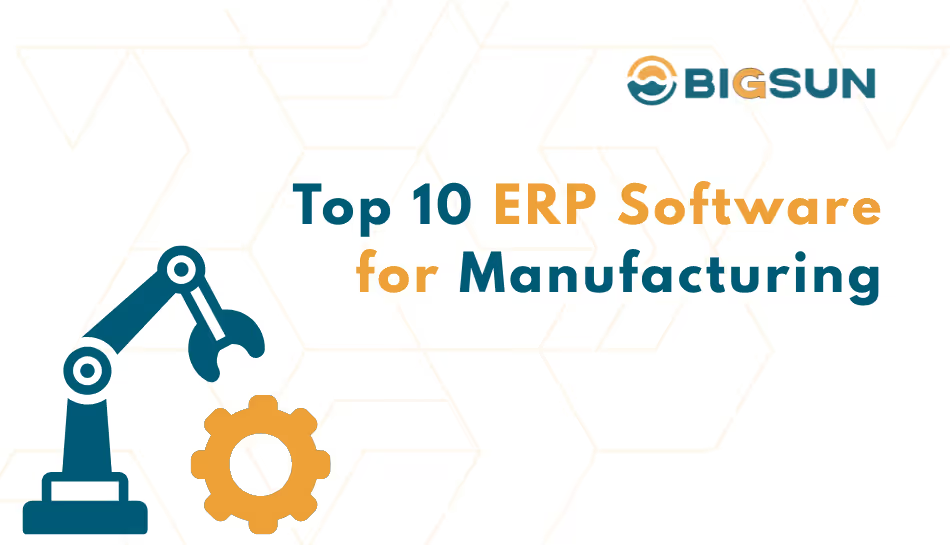


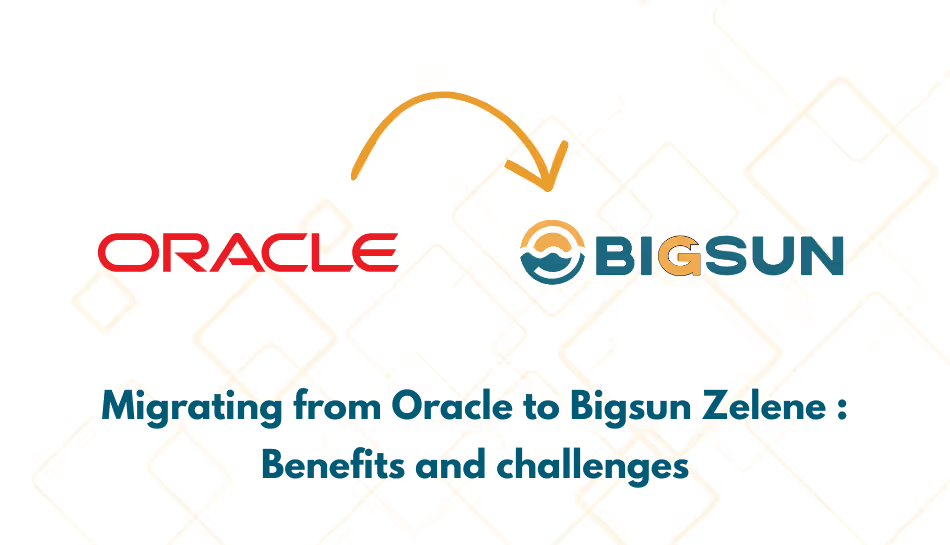
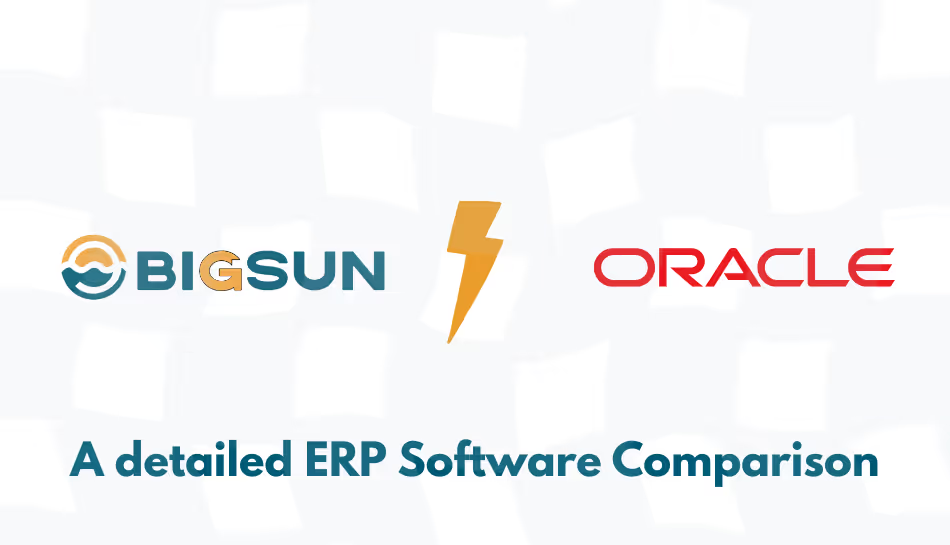
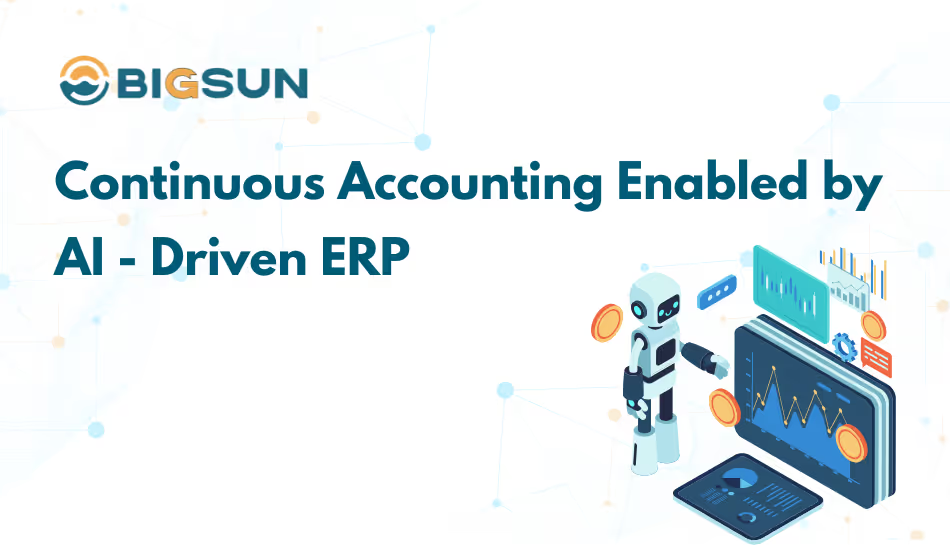
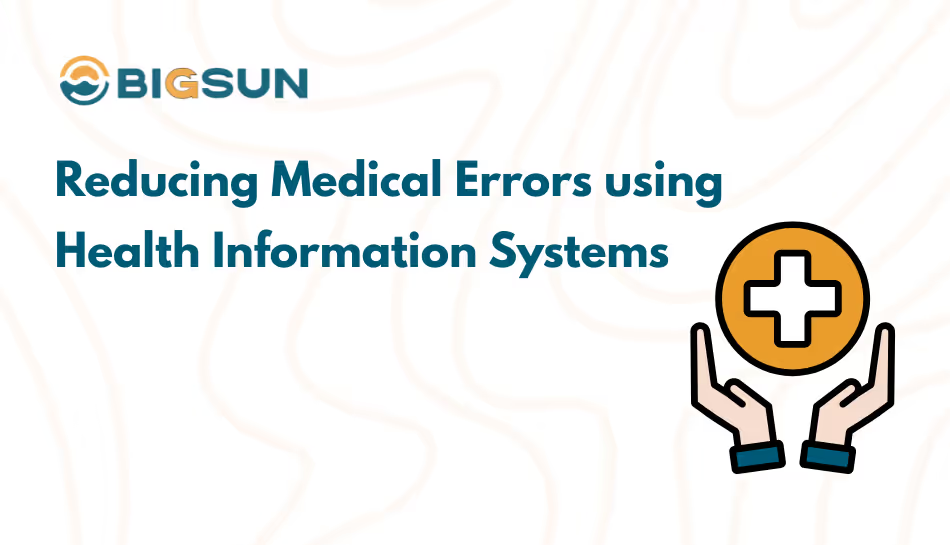
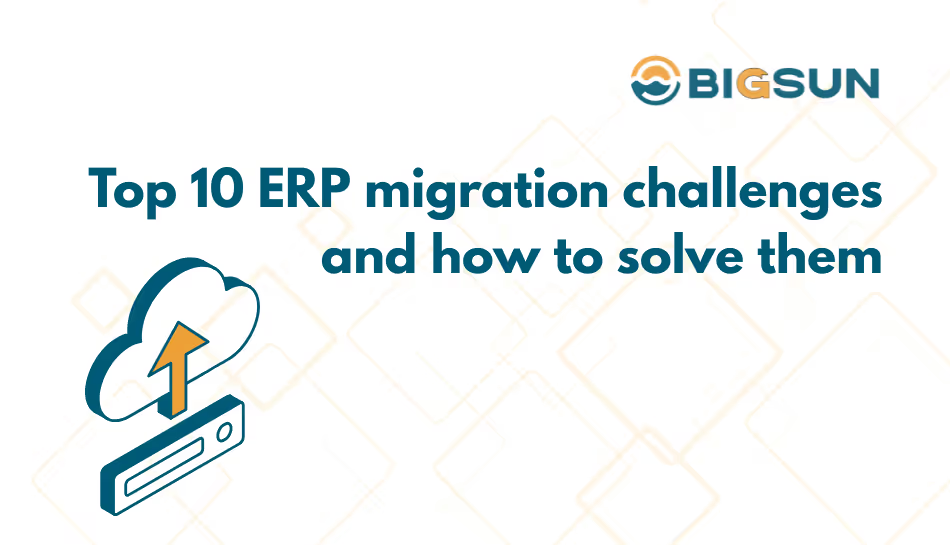
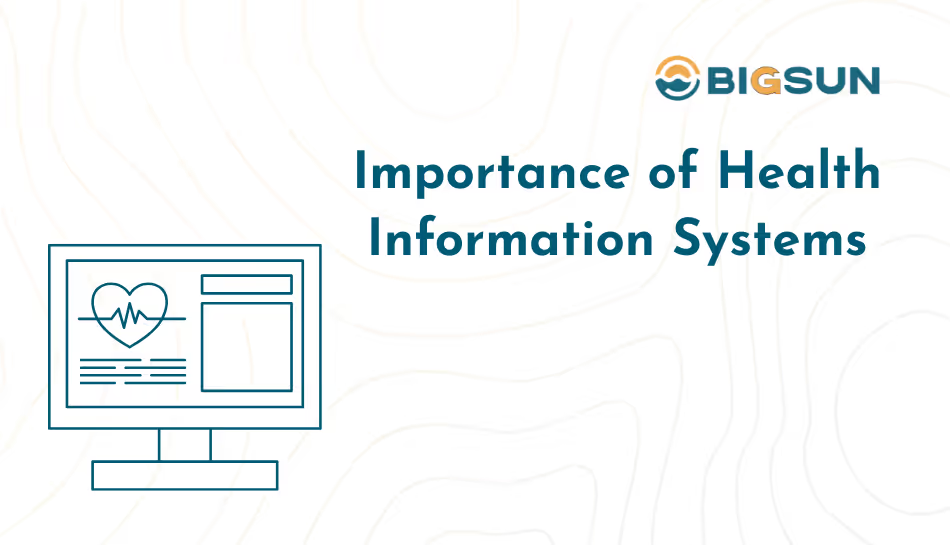
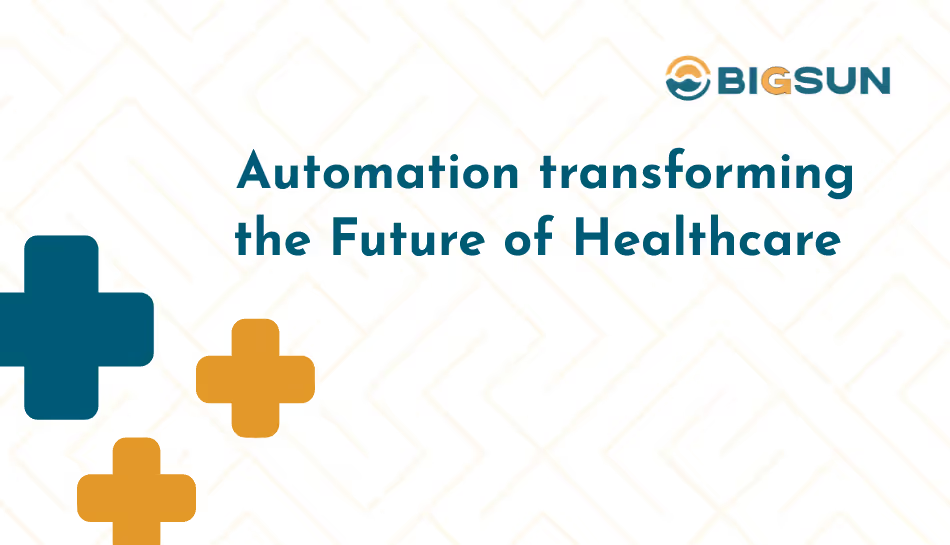
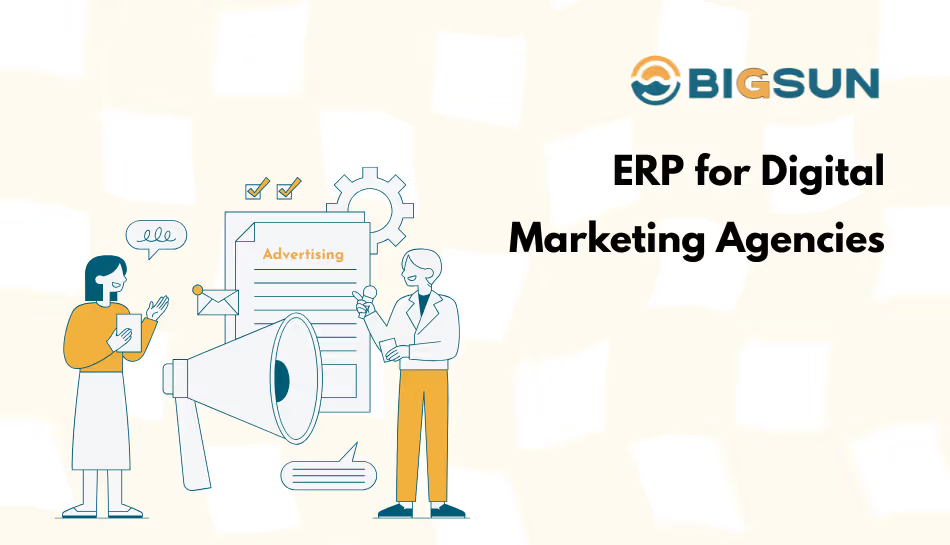
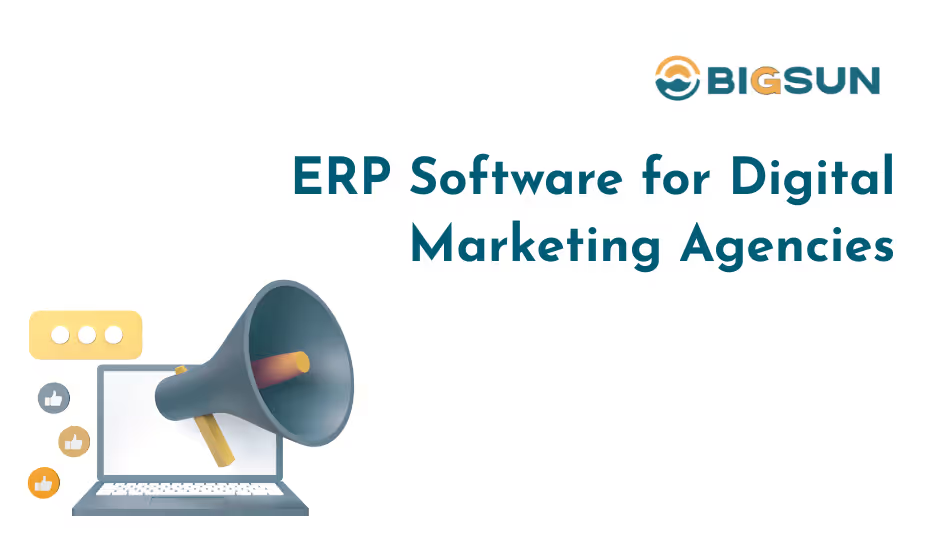
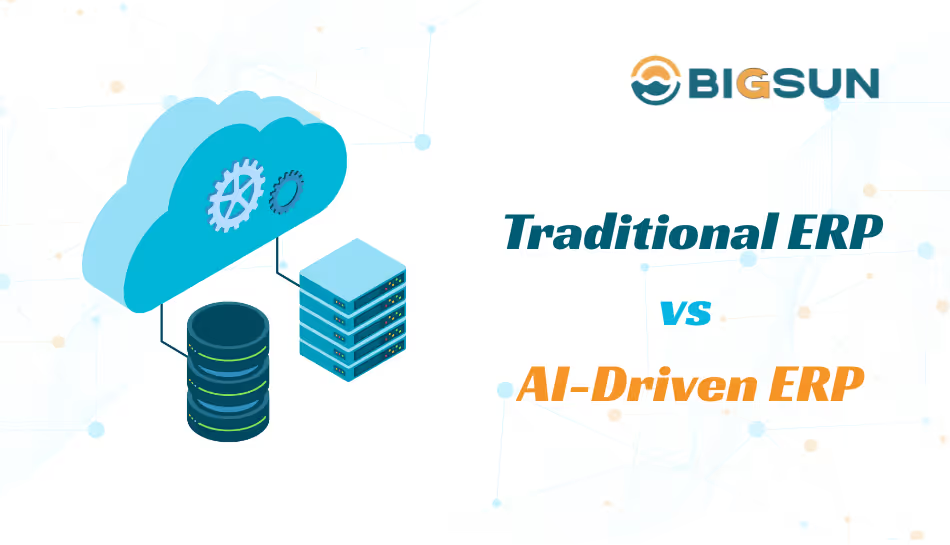



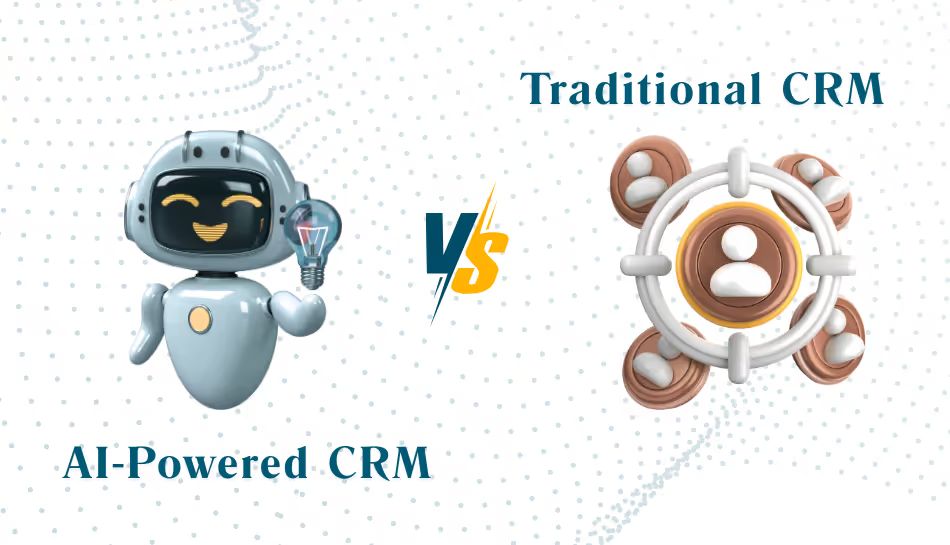
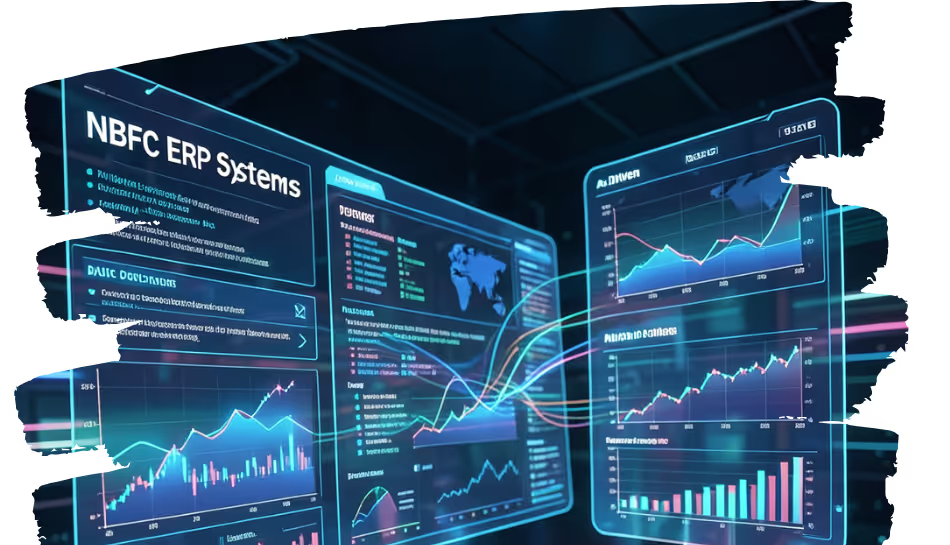
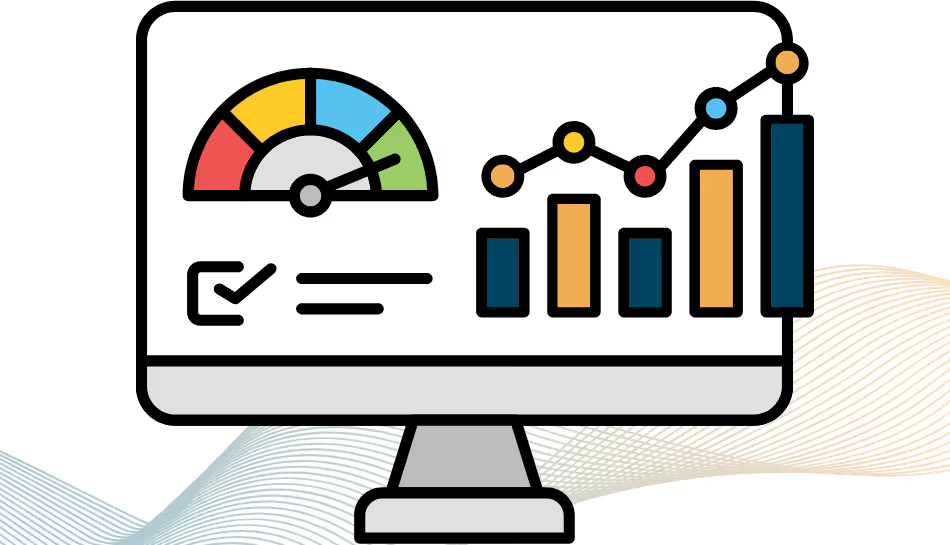





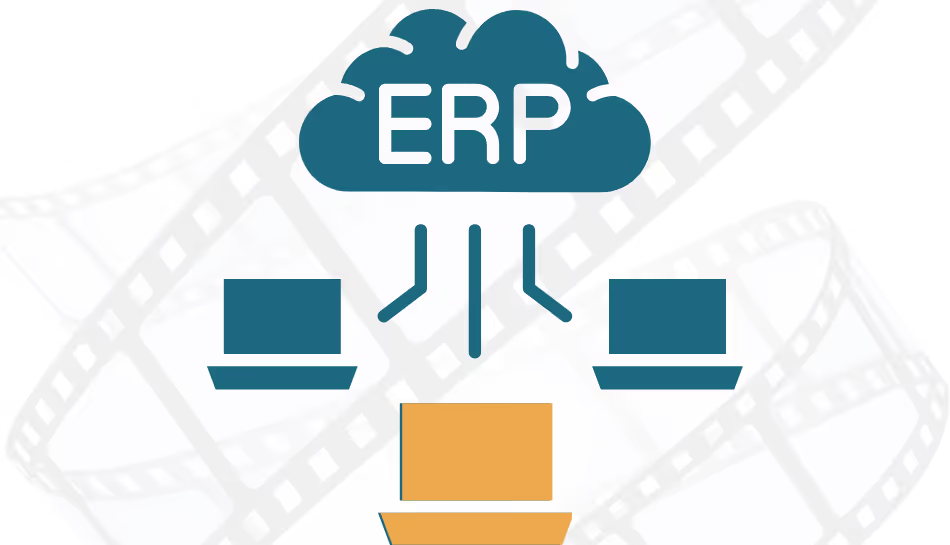




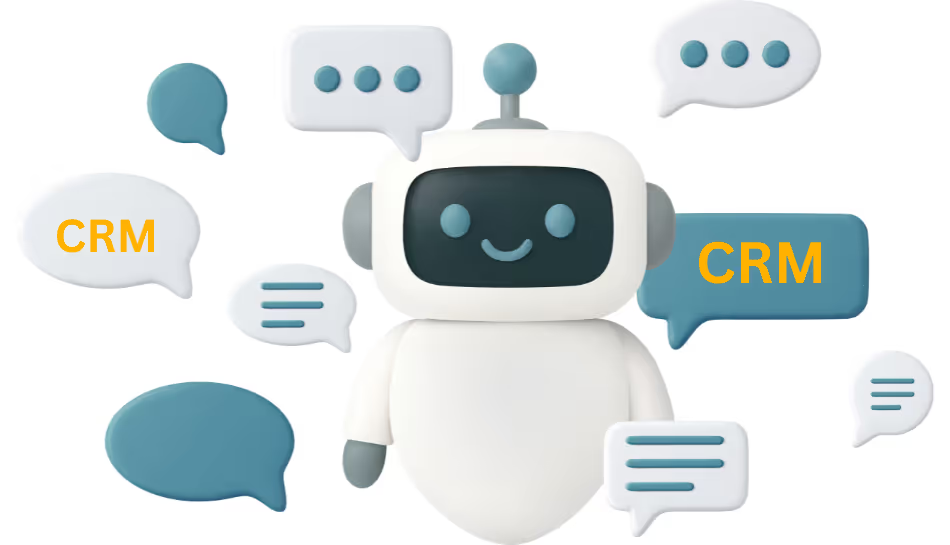




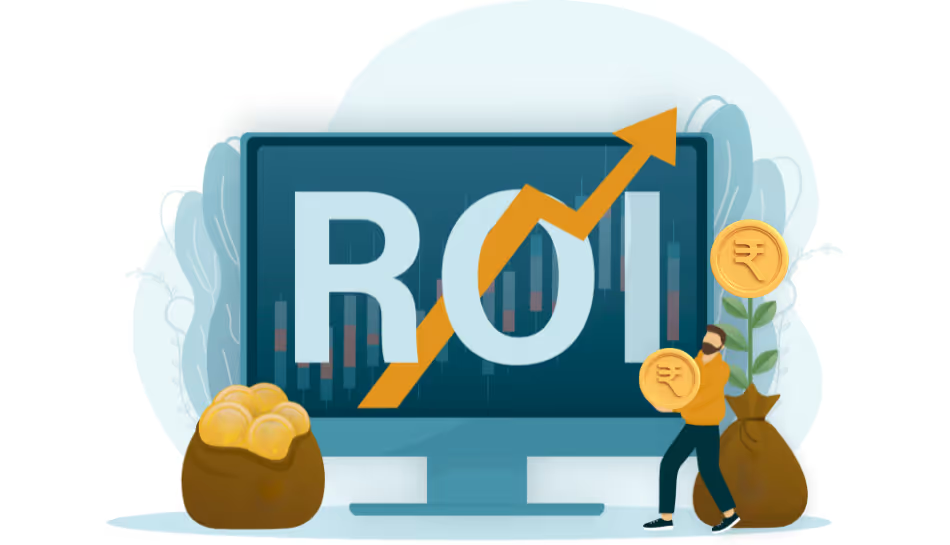







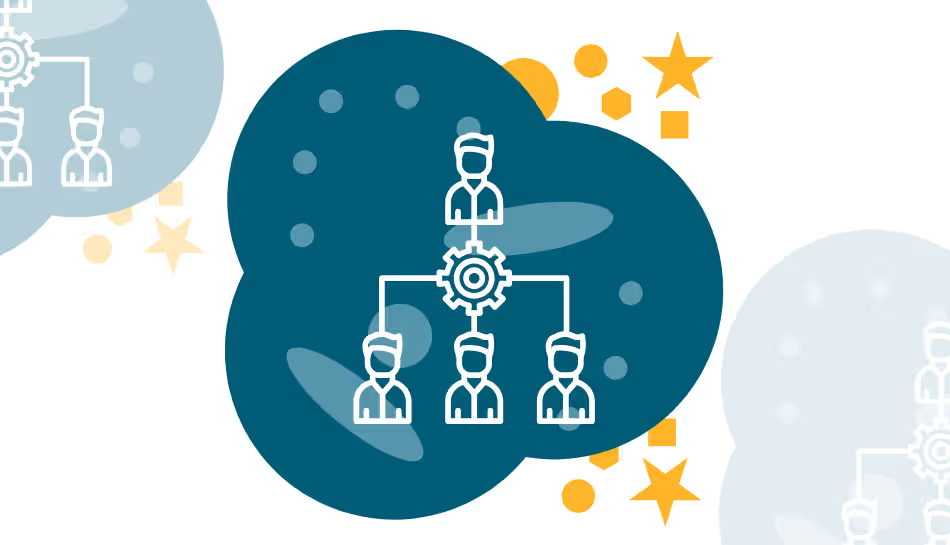






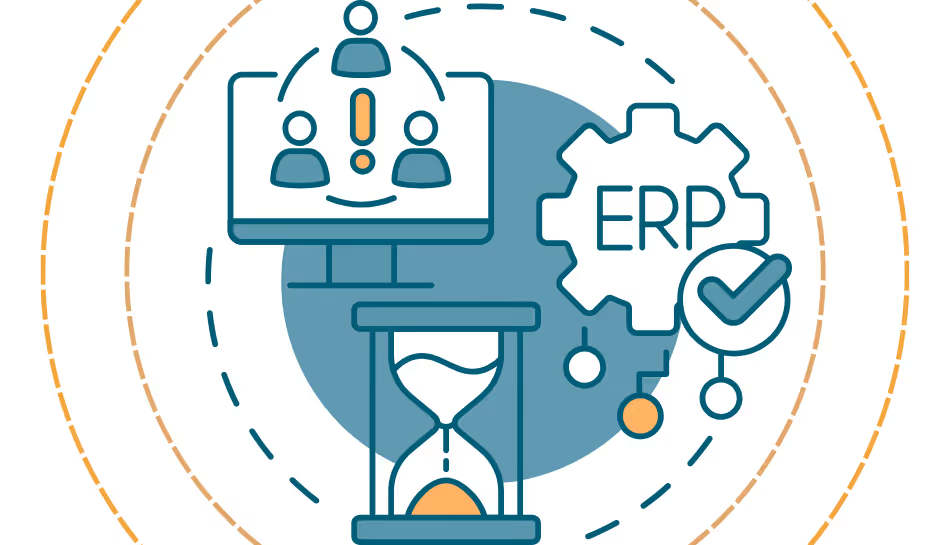






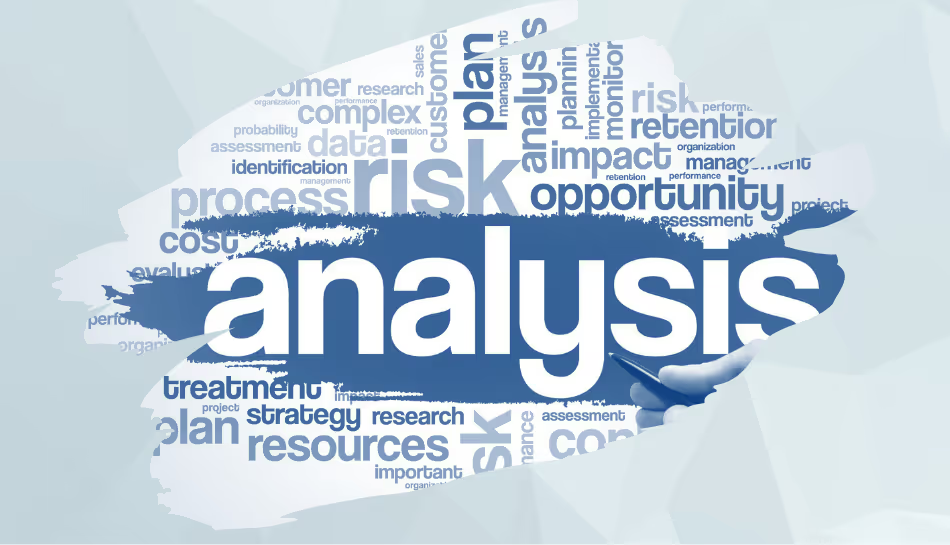











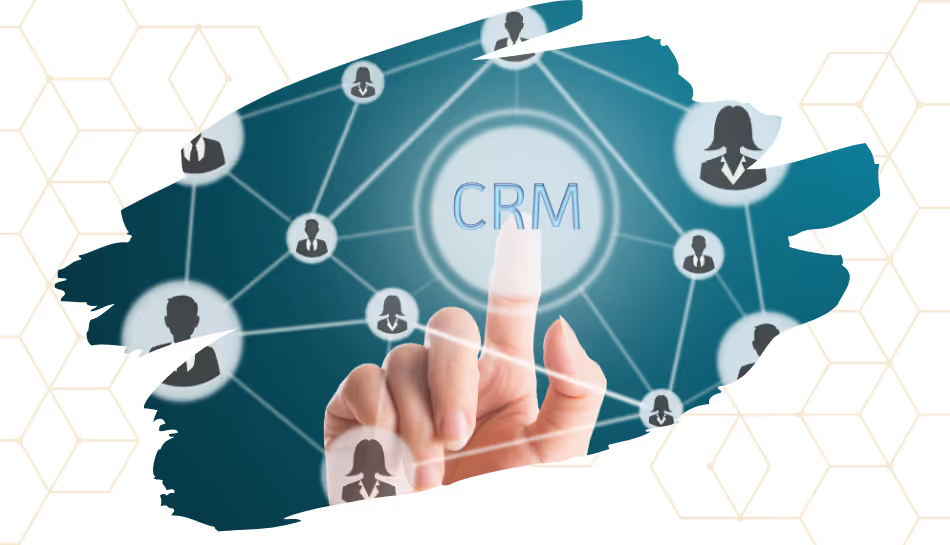





















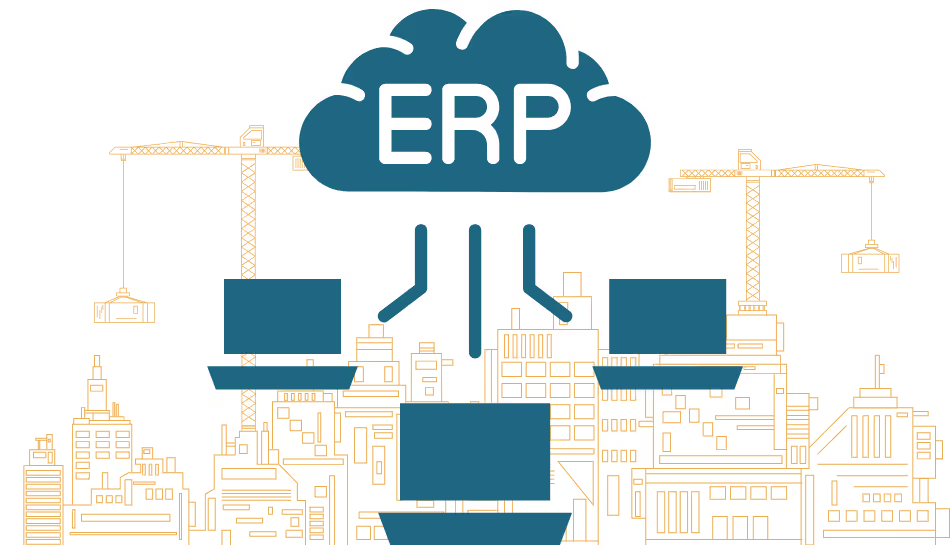



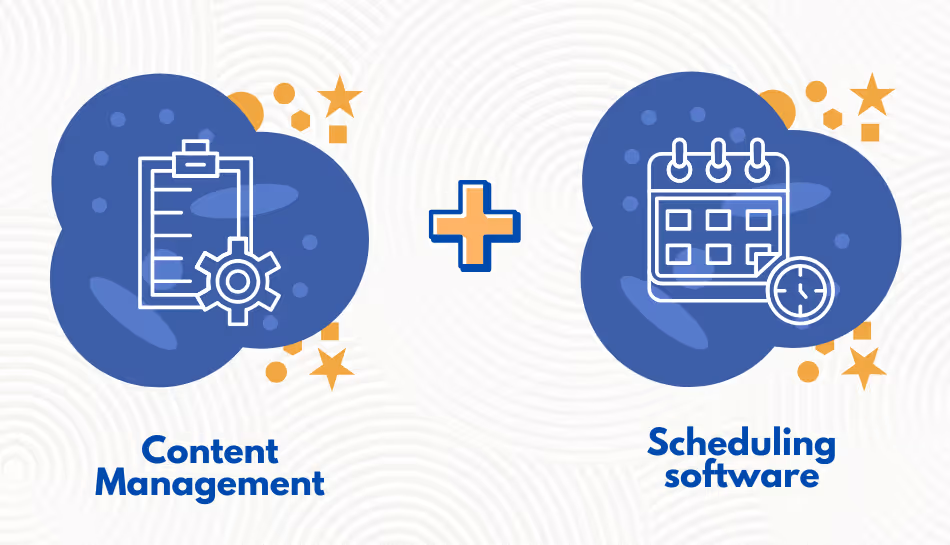
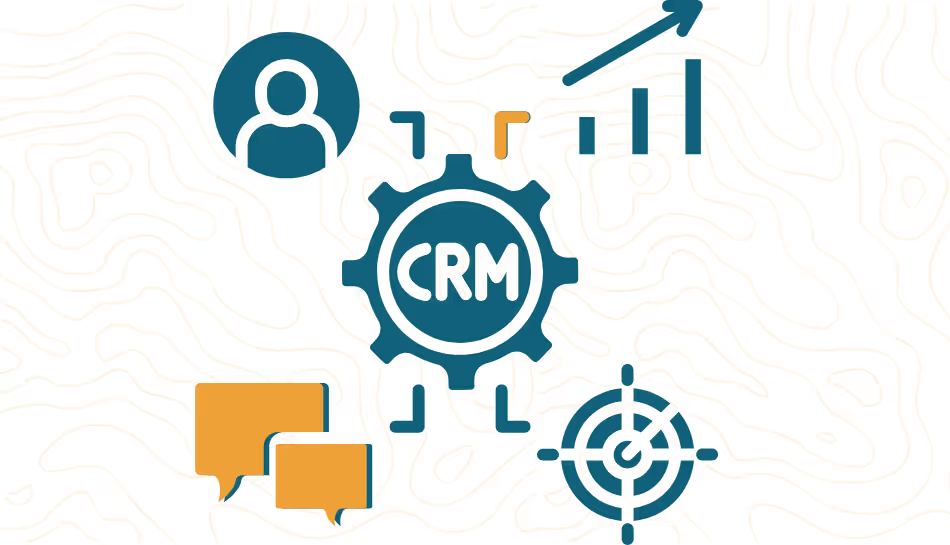
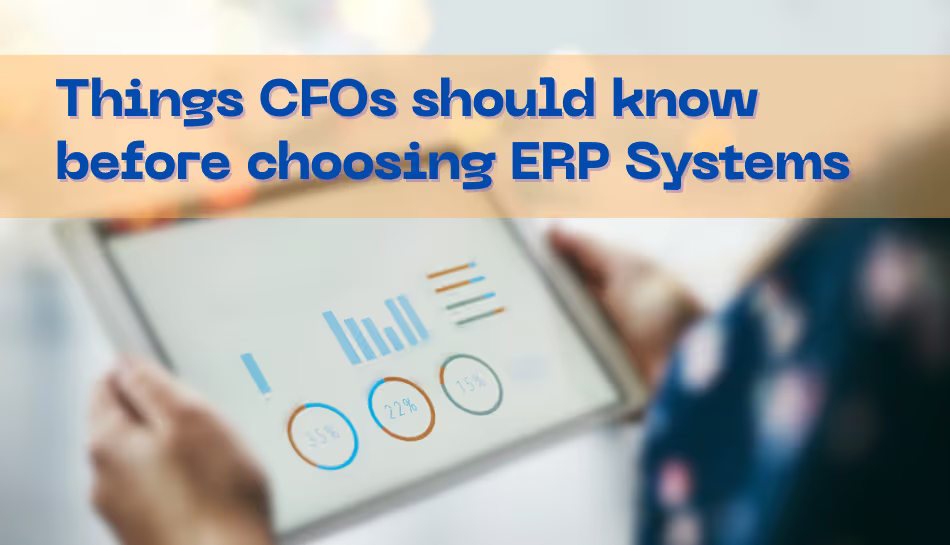
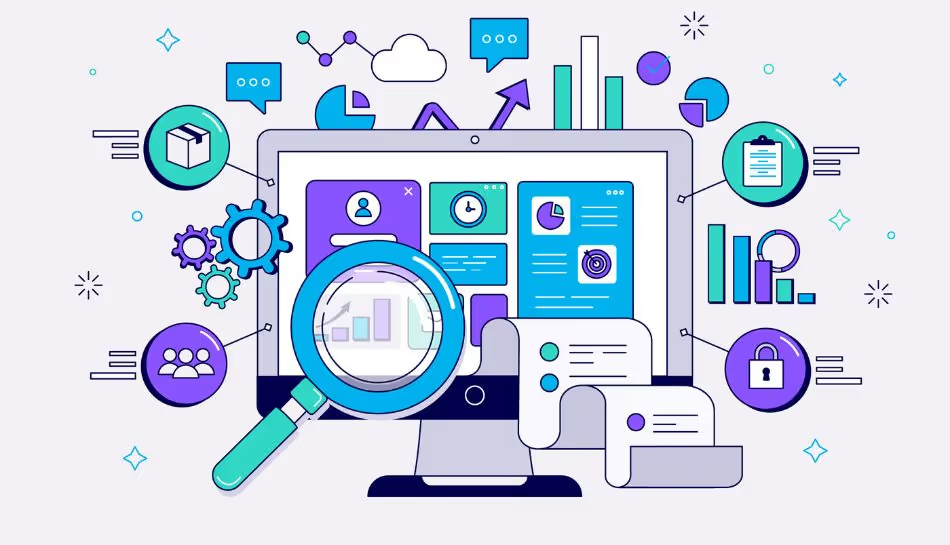
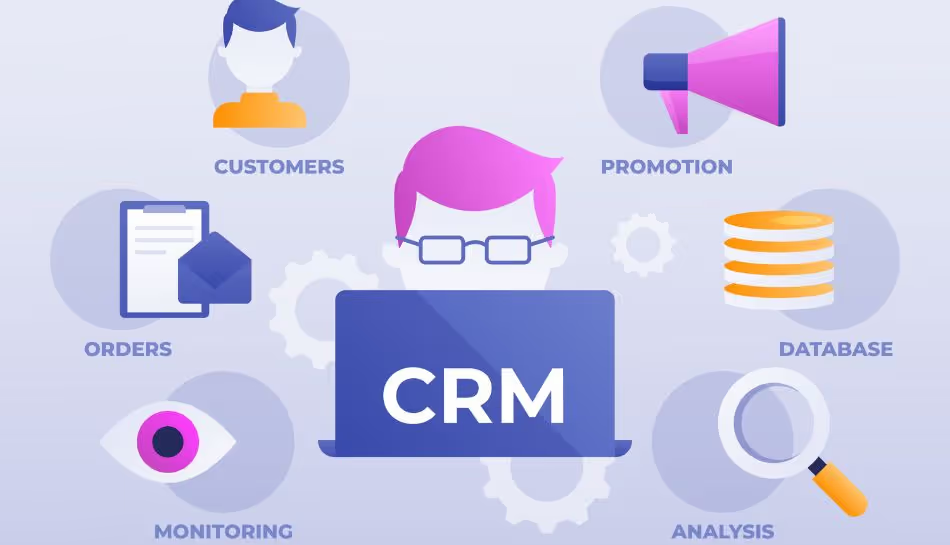



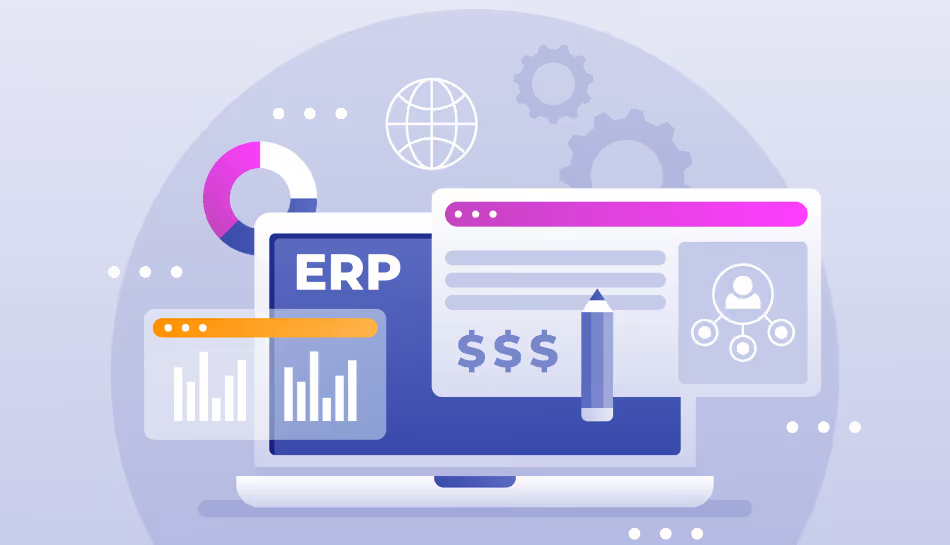








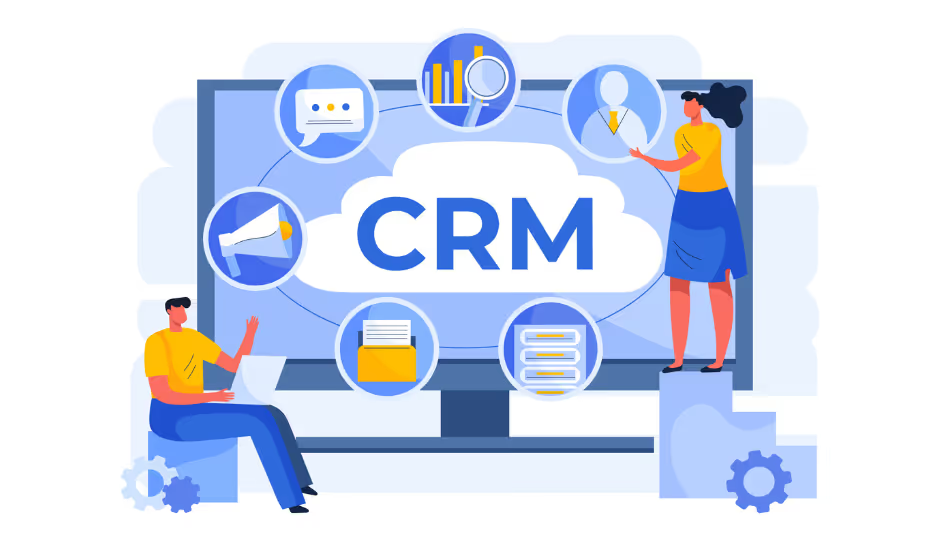



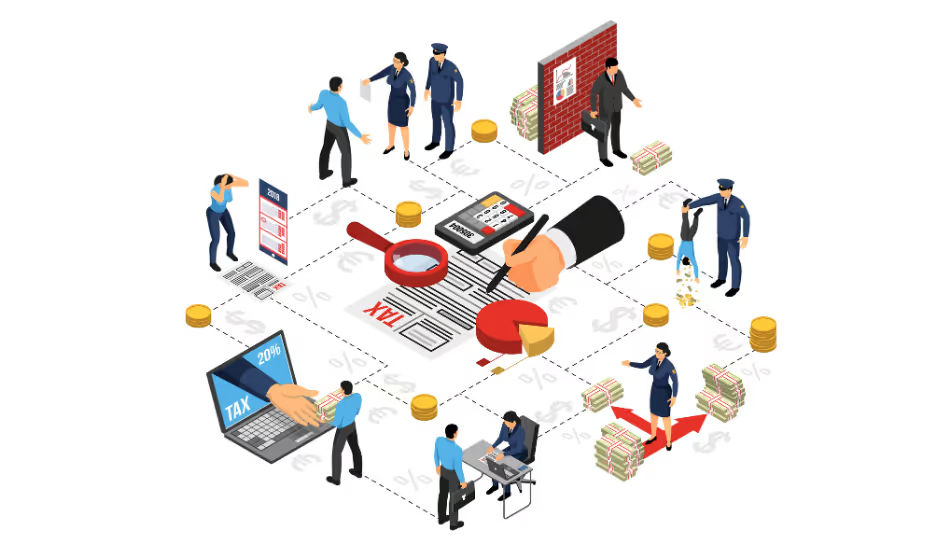


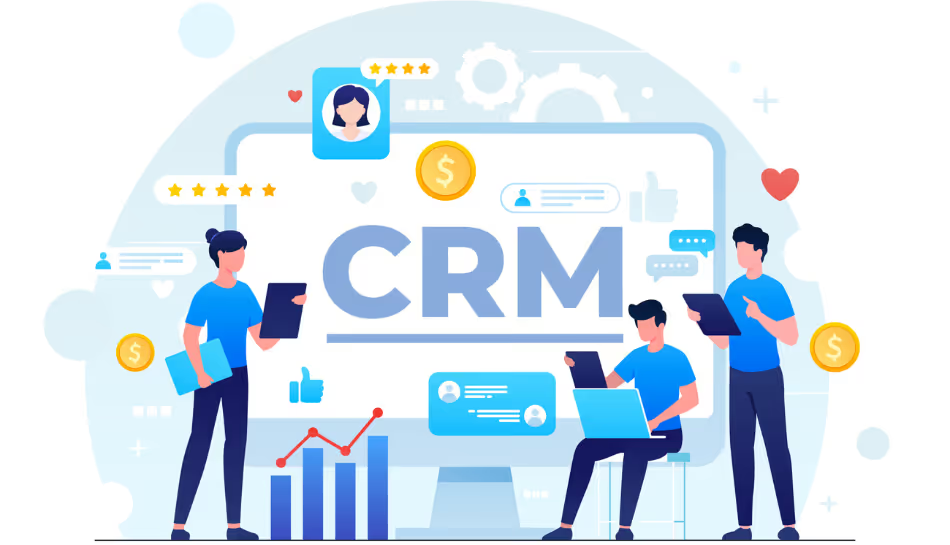
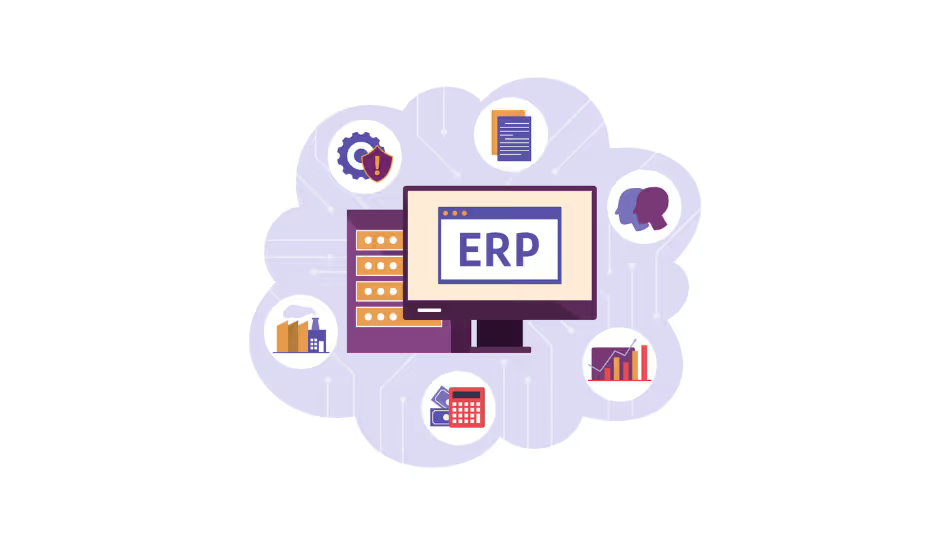






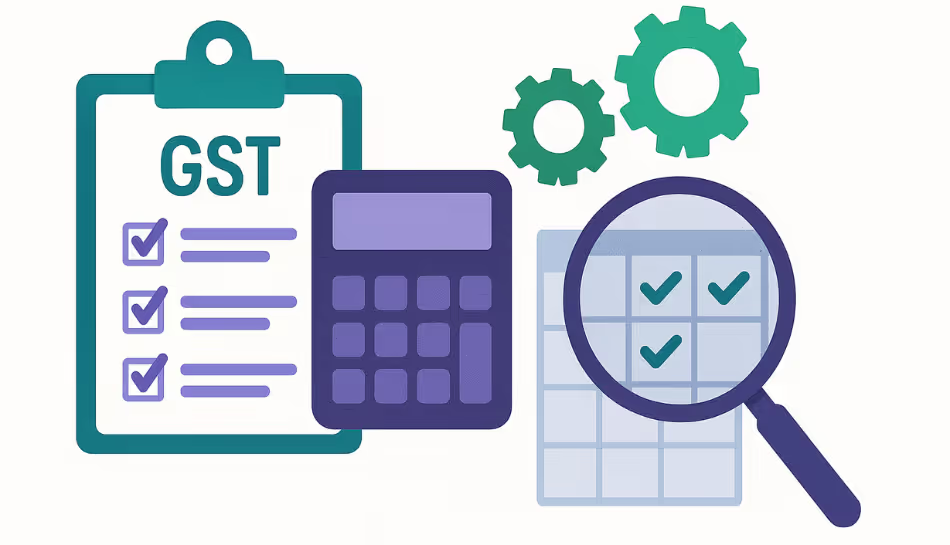
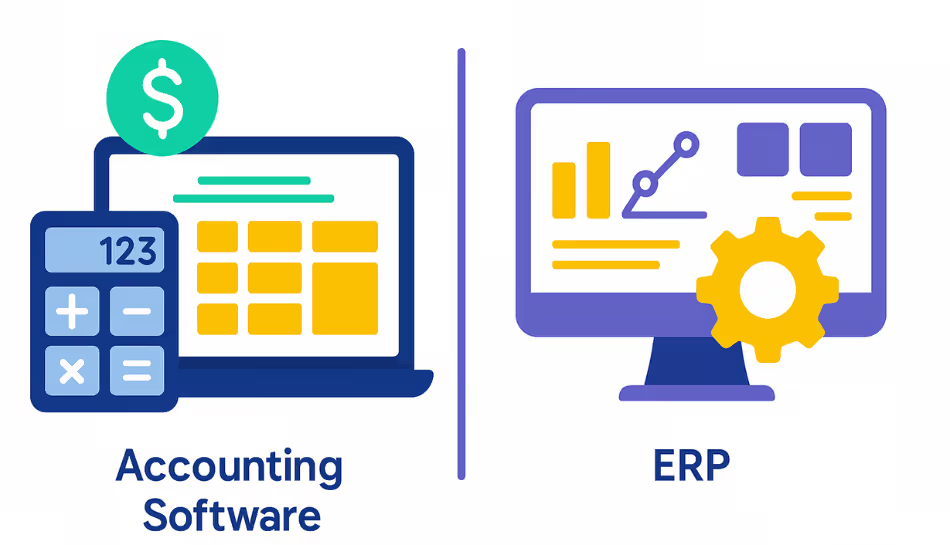
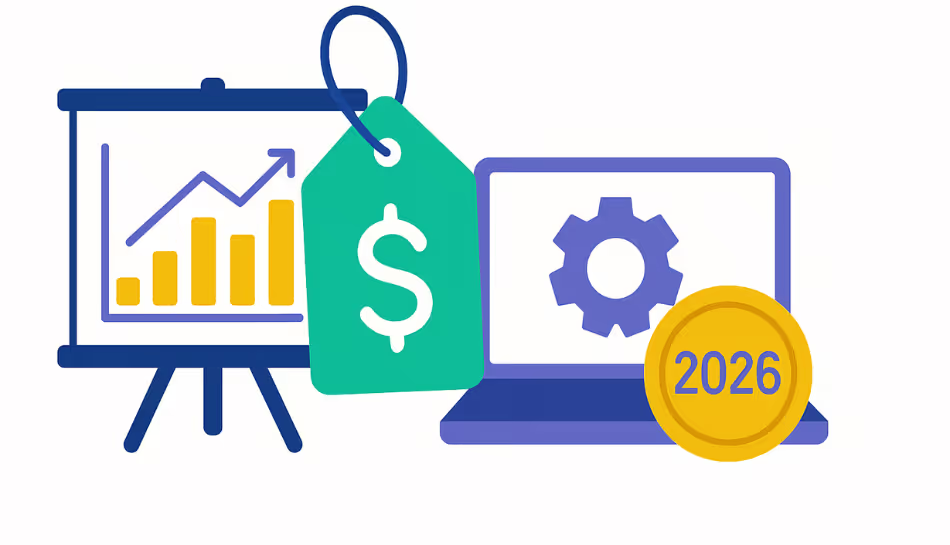
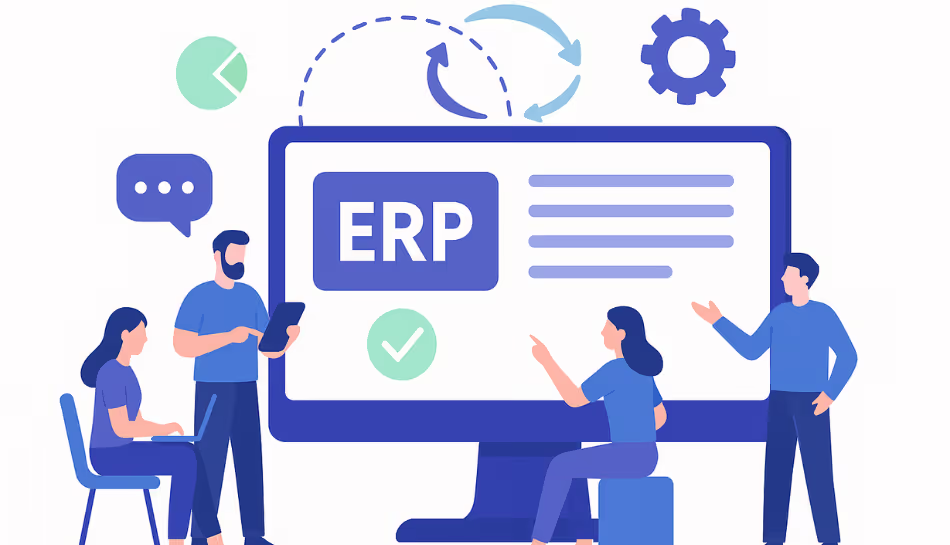
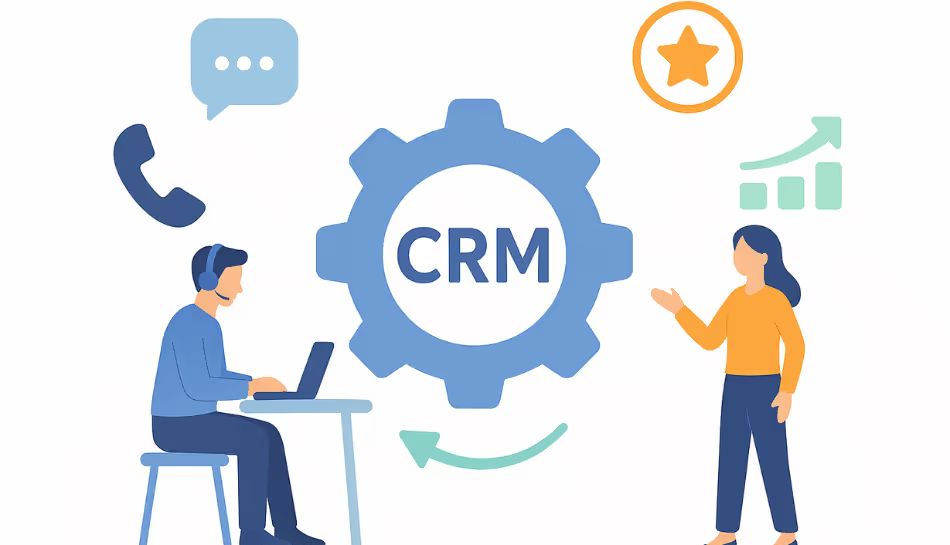


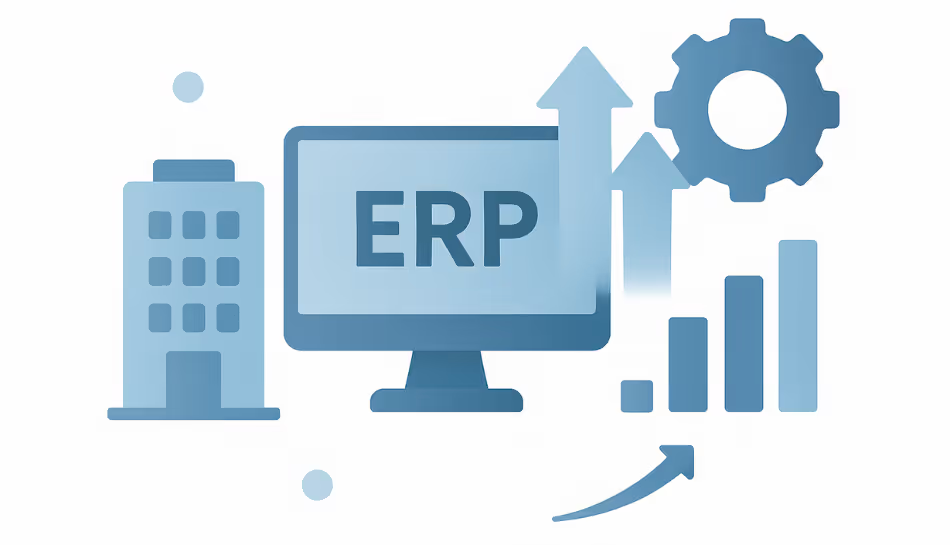



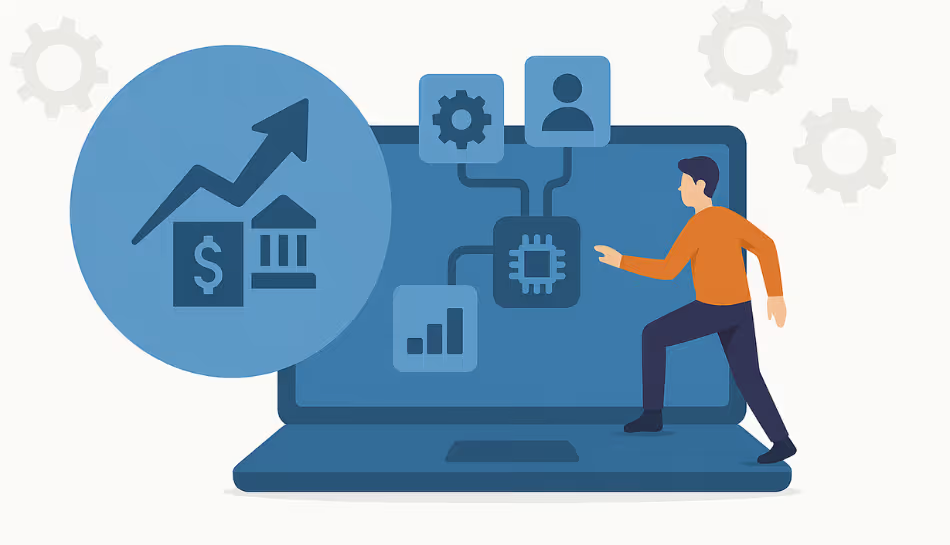
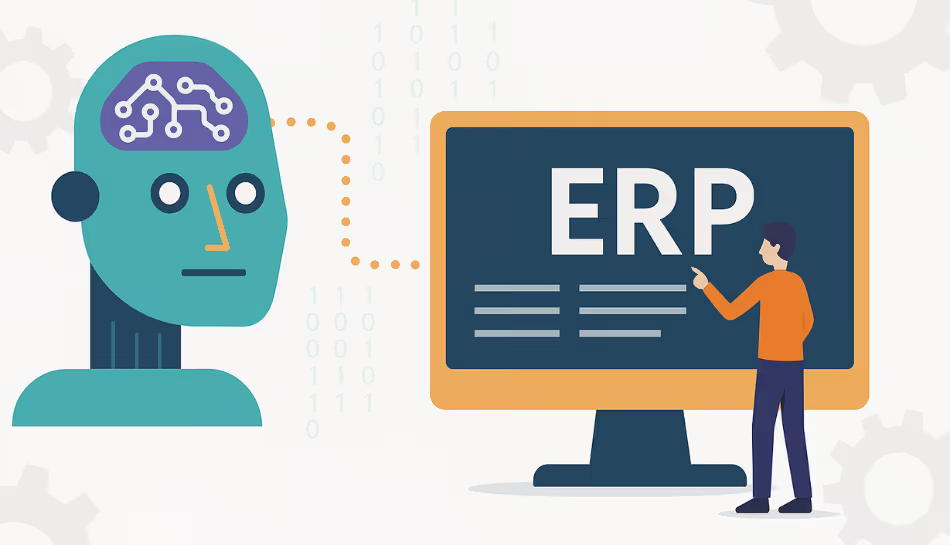






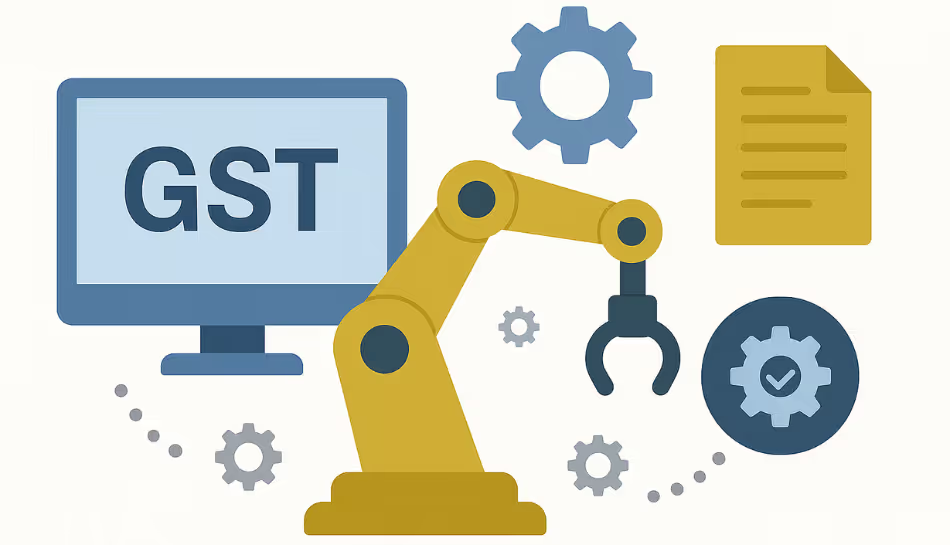
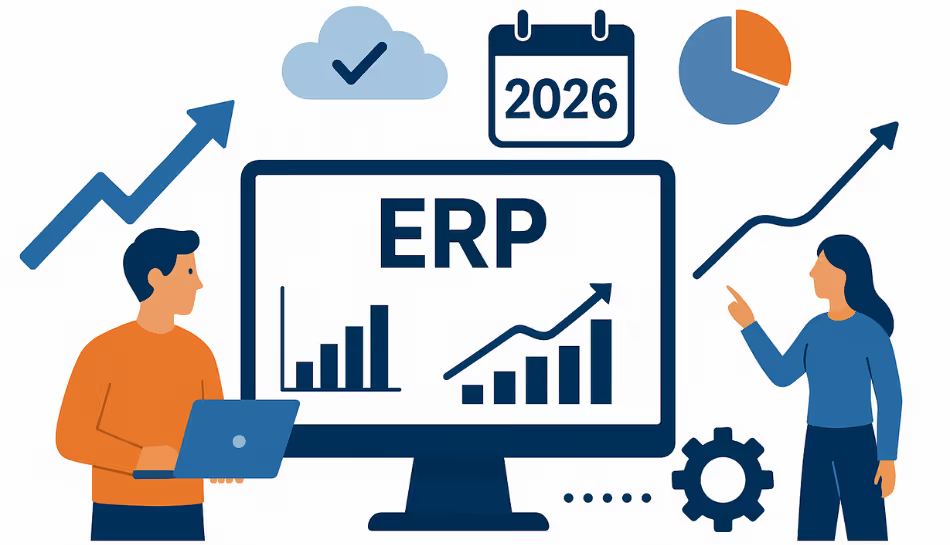

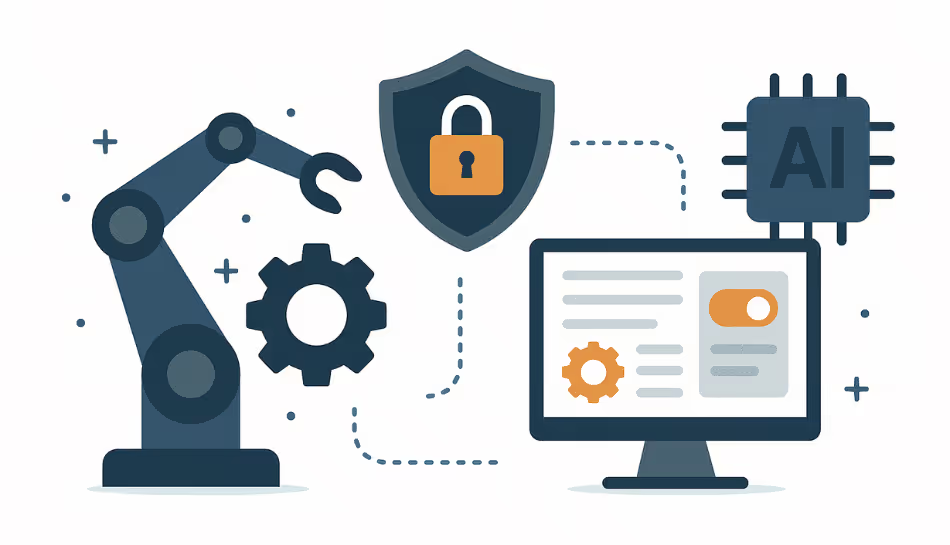



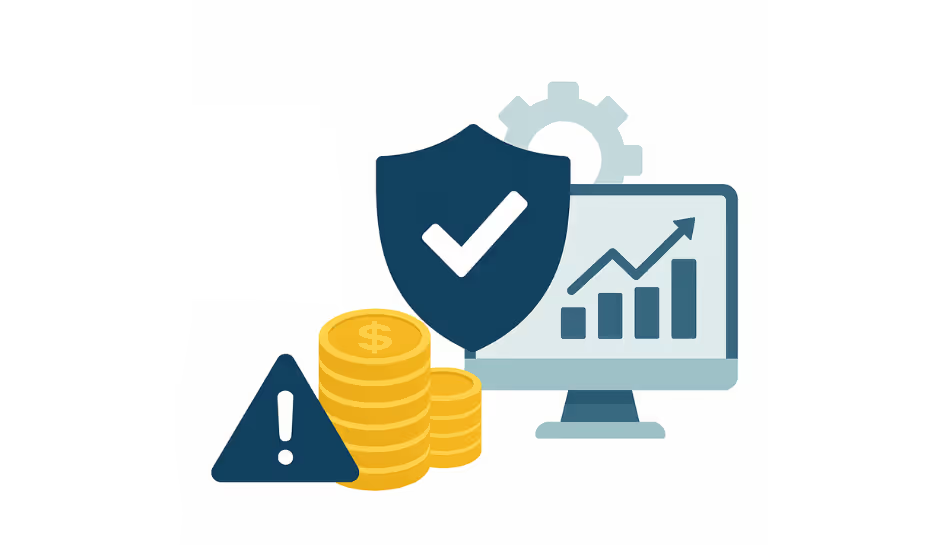














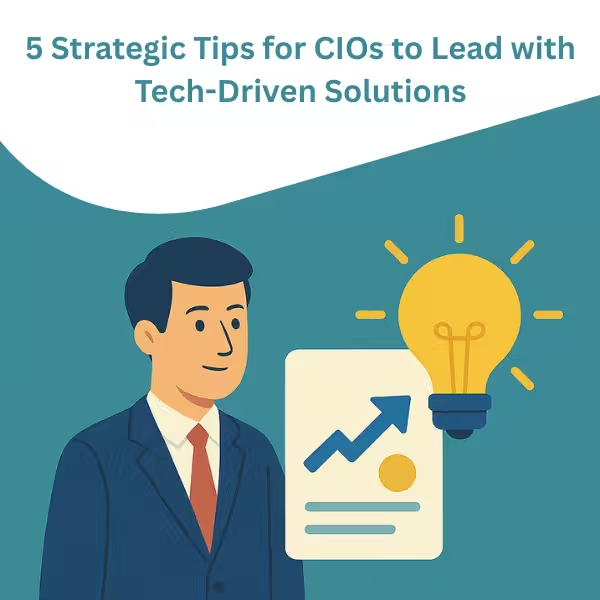


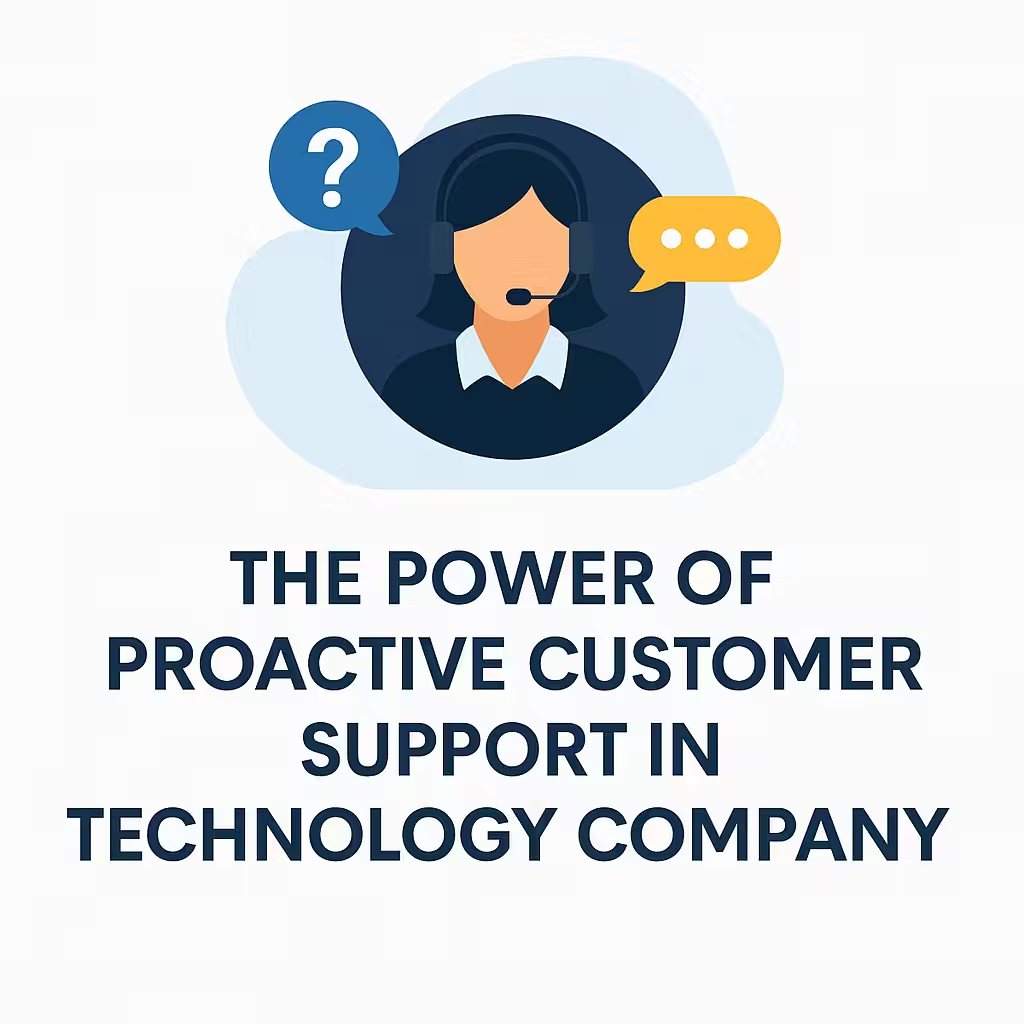


.avif)





